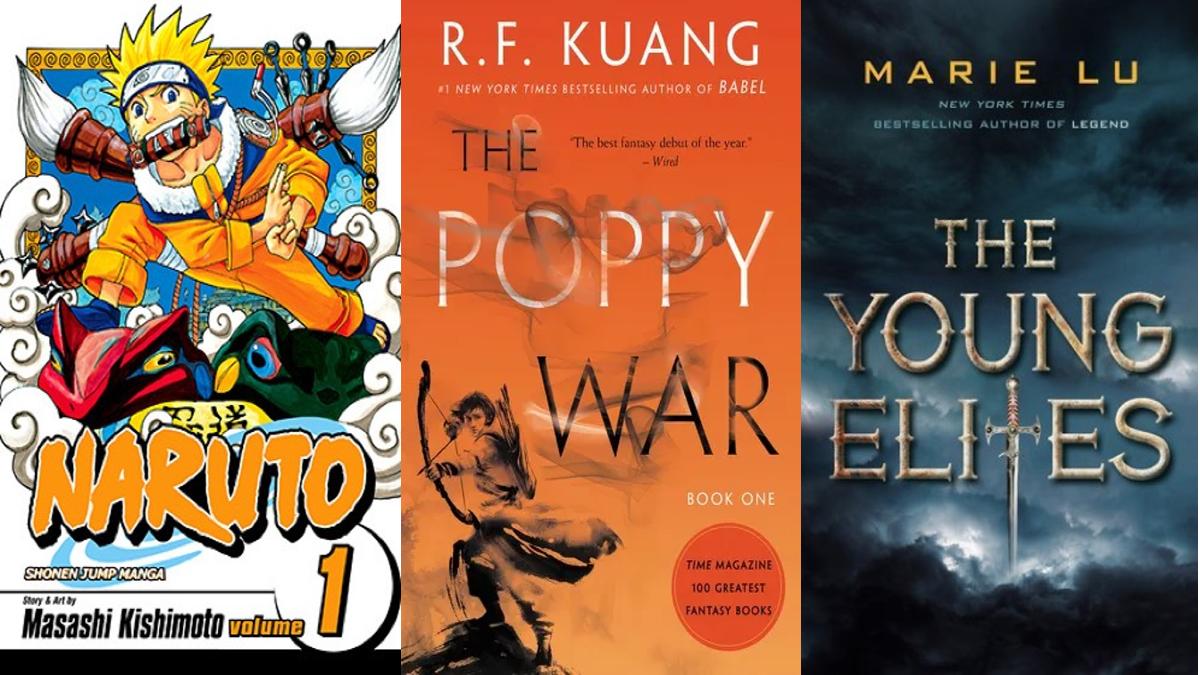
Heroism is a slippery slope, just ask Paul Atreides from Dune. One minute you’re liberating a planet from colonial rule, the next you’re establishing a tyrannical space empire that will kill the universe’s vibe for millennia to come. At best, heroes are idealistic. At worst, they’re totally delusional. And when they use questionable means to justify their delusional ends? You’ve got a villain on your hands. These 10 fantasy books where the hero becomes the villain are cautionary tales. Don’t let yourself get caught morally justifying the actions of a megalomanic lunatic – it’s never a good look.
Vicious
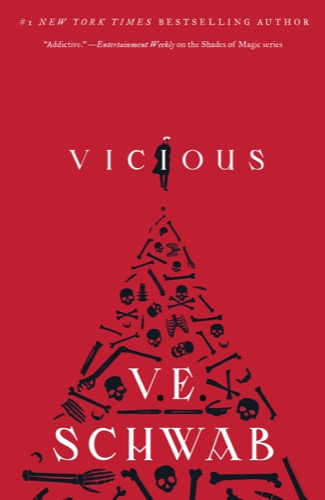
V.E. Schwab’s Vicious is a story about a pair of best friends who turn from heroes to villains in each others’ eyes. After college chums Victor and Eli discover that supernatural powers and near-death experiences are somehow linked, the pair begin to put in a little morally questionable academic research to prove their joint thesis. It goes, as expected, horribly wrong. 10 years later, Victor just broke out of jail, and Eli is using his experimental abilities to kill off all the world’s supernaturally powered people. These ex-besties were bound to cross paths sooner or later, and like a meet-cute between matches and gasoline, the results are sure to be explosive.
Prince of Thorns
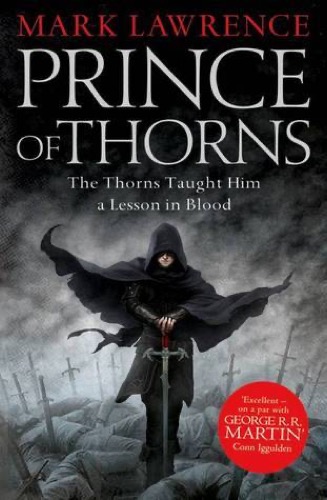
The first of Mark Lawrence’s The Broken Empire trilogy, Prince of Thorns introduces us to our titular hero turned villain. As child, Prince Jorg watched his mother and brother get murdered before his eyes, then was exiled from the realm. As a teen, he began a career in petty villainy, leading a band of highwaymen. As a young man, Jorg has set his sights on taking back his birthright by any means necessary. While Jorg begins this tale as an anti-hero at best, his “ends justify the means” political decisions are morally rank enough to make even Machiavelli turn up his nose. By the third book, Jorg commits the ultimate idealistic protagonist sin: establishing himself as emperor. Take it from Paul Atreides, Jorg – it’s never a good idea.
The Poppy War

R.F. Kuang has always been interested in the dark side of academia, and her Poppy War trilogy is par for the villainous course. The story revolves around Rin, a war orphan who is accepted into her nation’s top military institute. While there, she learns the lost art of shamanism – which allows her to summon the powers of gods. When you’re dabbling with the divine, it’s very important to choose your patron deity carefully. After Rin bonds with a fiery god of destruction, she becomes intoxicated with power – power she’s all too willing to use against enemies of the state. A bloody reimagining of the turmoil that was China’s 20th century, this trilogy will have you wondering where all the good guys have gone. Most are dead, leaving the morally challenged to pick up where they left off.
Nimona

Characters in ND Stevenson’s Nimona change their moral compass as radically the story’s protagonist changes shape. This webcomic is about a morally grey character turned good guy, who teams up with a good guy turned bad guy, all to take down a bad guy who thinks he’s a good guy, who has unknowingly been working for worse guys the whole time. What a mess. Shapeshifting outcast Nimona partners up with disgraced knight Ballister Blackheart to take down the evil law enforcement organization that employs the knight’s heroic ex-boyfriend Sir Ambrosius Goldenloin. It’s complicated – morally, romantically, scientifically. Heroes tend to turn villain in this world, but with a little help from chaotic neutral comrades, they often circle back to good again.
Grendel

John Gardner’s Grendel is the making of a monster. Not just any monster, one of the most famous foes in all of literature: the man eating Grendel of Beowulf. Grendel wasn’t always a killer, he started out as a hairy loner that lives with his mom. After making the acquaintance of a dragon so nihilistic is could make Nietzsche wince, Grendel begins to discover the meaninglessness of the world – and attempts to fill the void in inside his heart with human flesh. While he’s never truly a hero, Grendel begins the story with a certain childlike innocence, an innocence that is stripped away by a world that refuses to accept or acknowledge him. Hurt people hurt people. And Grendel? He hurts a lot of people.
Berserk

One of the most infamous hero to villain stories in all of fantasy, Kentaro Miura’s Berserk features a protagonist whose inward awfulness directly proportionate to his outer beauty. In a dark fantasy world like Medieval England, the angel-faced Griffith commands a a mercenary legion known as The Band of The Hawk. Once a commoner himself, Griffith inspires his men with promises of riches and glory – and then uses them as sacrificial pawns in order to gain demonic power. Griffith is the ultimate fantasy Judas, a betrayer who manipulates his comrades’ hopes and then throws them to the wolves, or in Berserk‘s case, the hordes of flesh eating demons. One of Griffith’s surviving comrades vows vengeance, and unlike Griffith, the mercenary Guts is unwilling to cross a moral line past anti-hero. Sure, Guts doesn’t always do the right thing, but he doesn’t resort to the truly awful thing either. In this grimdark world, that’s something to be proud of.
The Liveship Traders
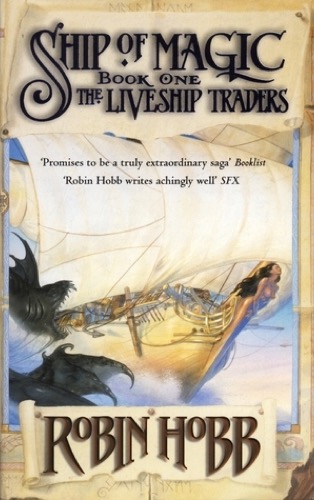
Robin Hobb’s The Liveship Traders is essentially One Piece without the shonen anime morality. Set in the watery world of islands and adventure, the story follows complex cast of characters – the most morally complicated of which is the charismatic Captain Kennit. Possessed with the Monkey D. Luffy-esque dream to become King of the Pirate Isles, Kennit establishes a reputation for himself as a swashbuckling freedom fighter. Keen to uphold his nautical Robin Hood reputation, Kennit pens a tale self delusion, one where he’s the hero under all circumstances. When the people that Kennit claims to have “liberated” turn against him, he’s willing to kill and imprison them in order to protect his self image. As Kennit increasingly turns friends into enemies, he never once examines his own actions – only shifts blame to those around him. A complicated character whose early life was marred by abuse, Kennit fails to see that in his quest to become a hero, he’s turned into the sort of abuser he fought so hard to escape.
Naruto
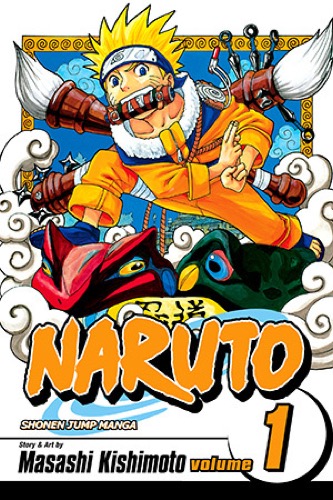
When it comes to heroes turned villains, no story does it better than Naruto. Masashi Kishimoto’s manga is full of wide-eyed idealists burning to make a difference, only to become beaten down by the violence of the world around them. Set in a land where warring ninja clans compete for power, Naruto‘s world churns out war orphans and broken heroes who turn to morally repugnant means to serve arguably noble ends. Zabuza. Pain. Madara Uchiha. All were once innocent child prodigies who turned to violence and authoritarianism in order to rid the world of suffering or protect the ones they love. As most ninja begin training from their kindergarten years, the world is full of young people who grow up too fast and see too much. Former child soldiers burned out by endless war, many of Naruto‘s villains just want the killing to stop, and are willing to use any means necessary to do so. Including killing, ironically.
The Horus Heresy
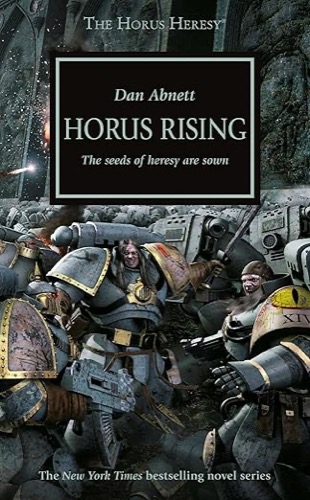
A chronicle of the most significant event in the entire Warhammer 40k universe (the competition was stiff) The Horus Heresy series is the pinnacle of the hero turned villain epic. Beginning with Horus Rising, the series kicks off during a galactic golden age, where the superhuman Emperor of Mankind has established interstellar abundance with the aid of his trusted Primarchs – genetically engineered to be the paragons of humanity. One of his staunchest allies is Horus, his Warmaster and surrogate son. Due to the corrupting influence of evil gods, internal jealousies, and undaunted ambition, the once heroic Horus falls from grace harder than Lucifer in Paradise Lost – with equally devastating effects for humanity.
The Young Elites
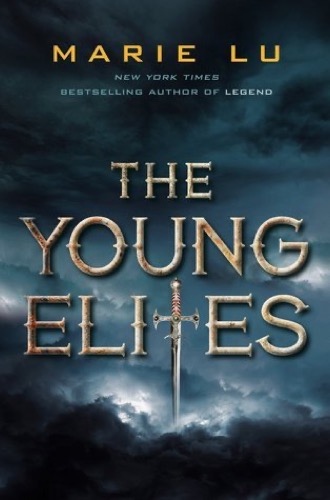
Don’t let the YA tone of this series fool you, Marie Lu’s The Young Elites features a young protagonist with Warmaster Horus levels of dark ambition. A disfigured survivor of a deadly childhood plague, Adelina Amouteru is labeled an abomination by her abusive family. Joke’s on them, because Adelina’s experience turned her into a Young Elite – able to wield powers of illusion. After joining up with a secret society of other Young Elites, Adelina embarks on a quest to overthrow a corrupt government that persecutes her kind. While her intentions start out good, she paves a path to Hell after she breaks from her former comrades to form her own secret order – all in an effort to establish herself as the realm’s dark queen. Spoiler alert, she succeeds, establishing the same sort of tyrannical regime that she once sought to overthrow.
Have a tip we should know? [email protected]







